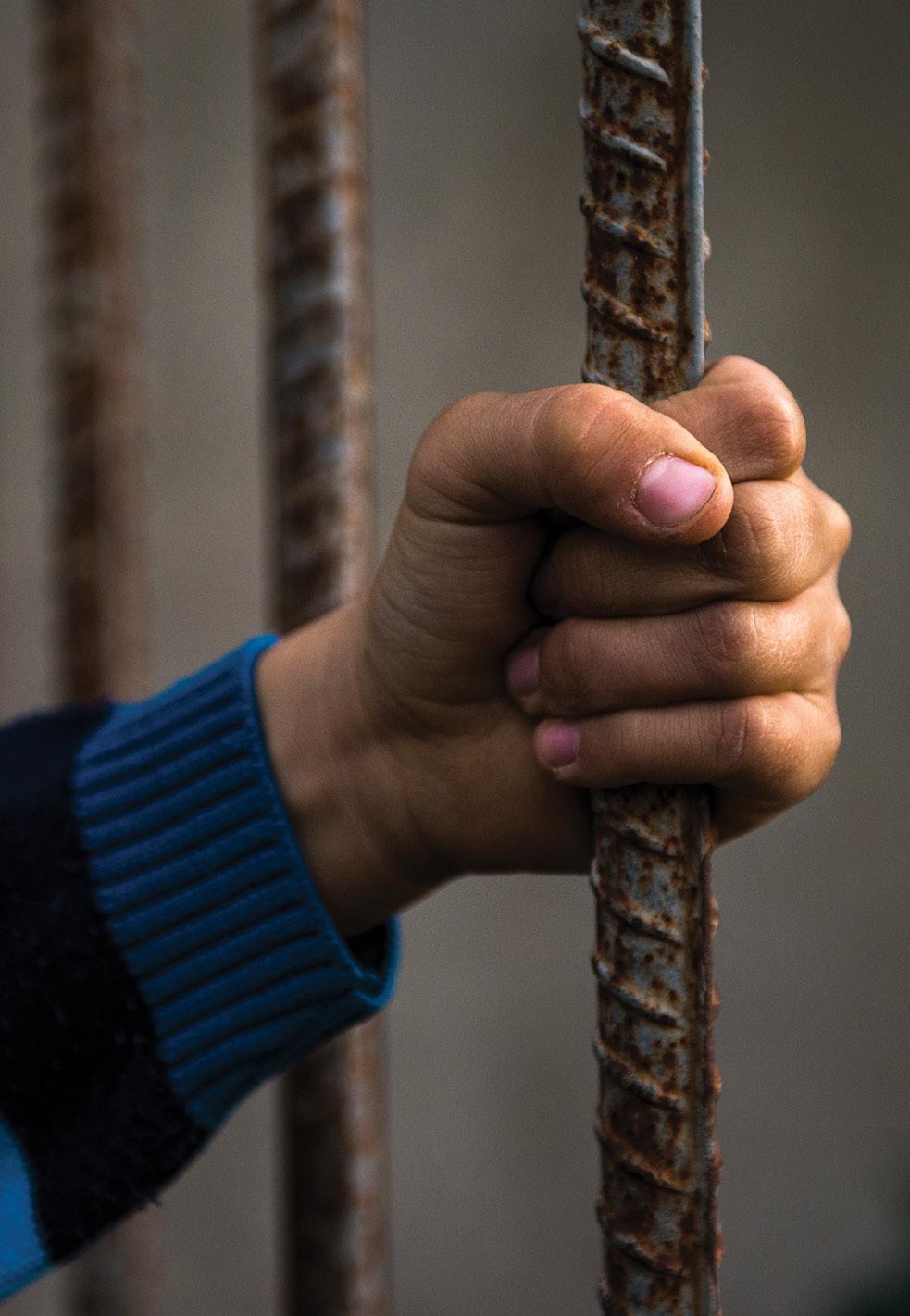
2 minute read
Research with a genuine impact
Our research shapes and changes the world around us, providing solutions to real-world problems. This was demonstrated in the Research Excellence Framework 2021, where 95.7% of our research was deemed to have considerable impact or more. Here is a taste of the exciting work that you could be a part of when you come to BU.
Finding better ways of treating hip and knee pain
Advertisement
Hip and knee replacements are among the most common elective surgeries, with over 200,000 undertaken each year in the UK. The Orthopaedic Research Institute (ORI) at BU has been exploring ways to ensure these surgeries are done as safely and effectively as possible.
Their research has found ways to better prepare people for surgery and enhance their recovery – such as providing education and counselling for patients and their families, checking for conditions such as anaemia, and getting patients up and moving as soon as possible following their surgery. These techniques have now been adopted by healthcare organisations across the world, shortening the time patients spend in hospital as well as reducing complications and readmissions.
Learning about early humans from fossil footprints
BU’s Professor Matthew Bennett and Dr Sally Reynolds were part of an international team who investigated and dated perfectly preserved fossil footprints found at White Sands National Park, in New Mexico, USA. The footprints provide fresh insights into life over 23,000 years ago and are the earliest evidence of human activity in the Americas – thousands of years earlier than previously thought. They show how early humans lived and interacted with their environment, with the tracks left mainly by teenagers and younger children. Mammoth and giant ground sloth tracks have also been found at the site, providing insights into the co-existence between humans and these now extinct animals.
Supporting disaster management in Sierra Leone
BU’s Disaster Management Centre has been working with disaster managers and policymakers across Sierra Leone to support them in preparing for and managing crises.
They have run training workshops for councillors, community leaders, tribal chiefs, and volunteers in the 360 districts and wards of Sierra Leone’s capital Freetown that cover disaster response for 1.2 million people. Their guidance has been distributed across Sierra Leone and has been used in response to seasonal flooding and over 16 fire incidents. This included a large fire in Susan’s Bay, Freetown, which affected the homes and livelihoods of over 7,000 people and required a national-level disaster response – with lives undoubtedly saved by the increased readiness of the response teams as a result of BU’s work.
Helping refugees to tell their stories
BU’s Digital Arts for Refugee Engagement project used arts-based activities to support young refugees and to help give them a voice. Rohingya refugees in Bangladesh and Syrian refugees in Turkey were supported in using digital tools to share their stories and lived experiences, giving them the opportunity to access training and education but also develop their own creative outputs and digital skills.
BU researchers worked with community practitioners and refugee research assistants to support the refugees to co-create art and media using digital tools. These include artwork, poetry, videos and photography.








